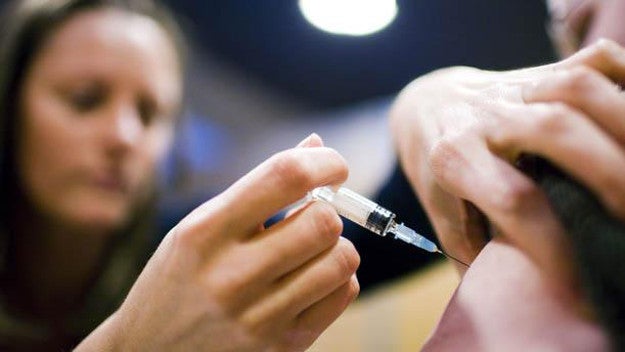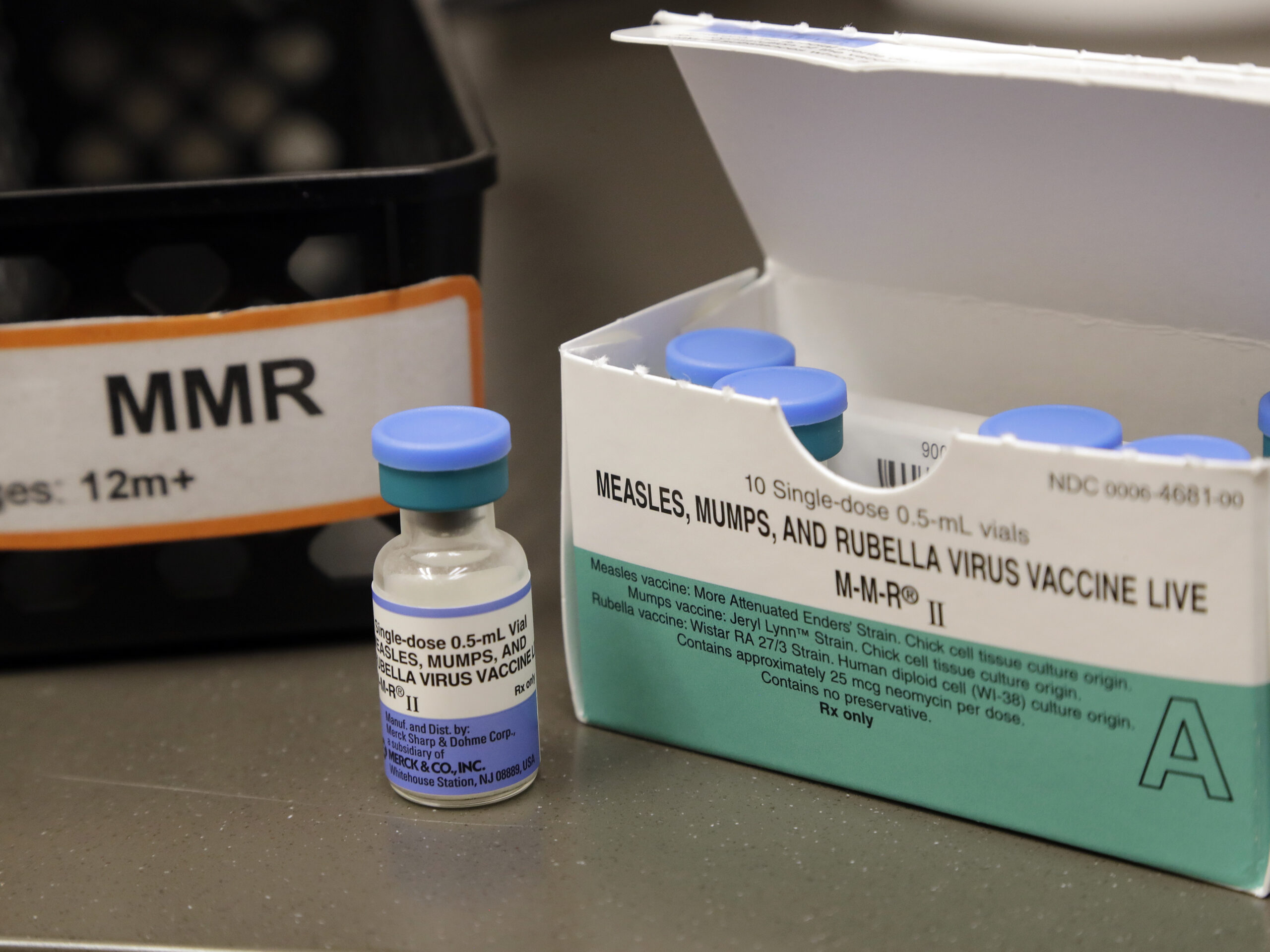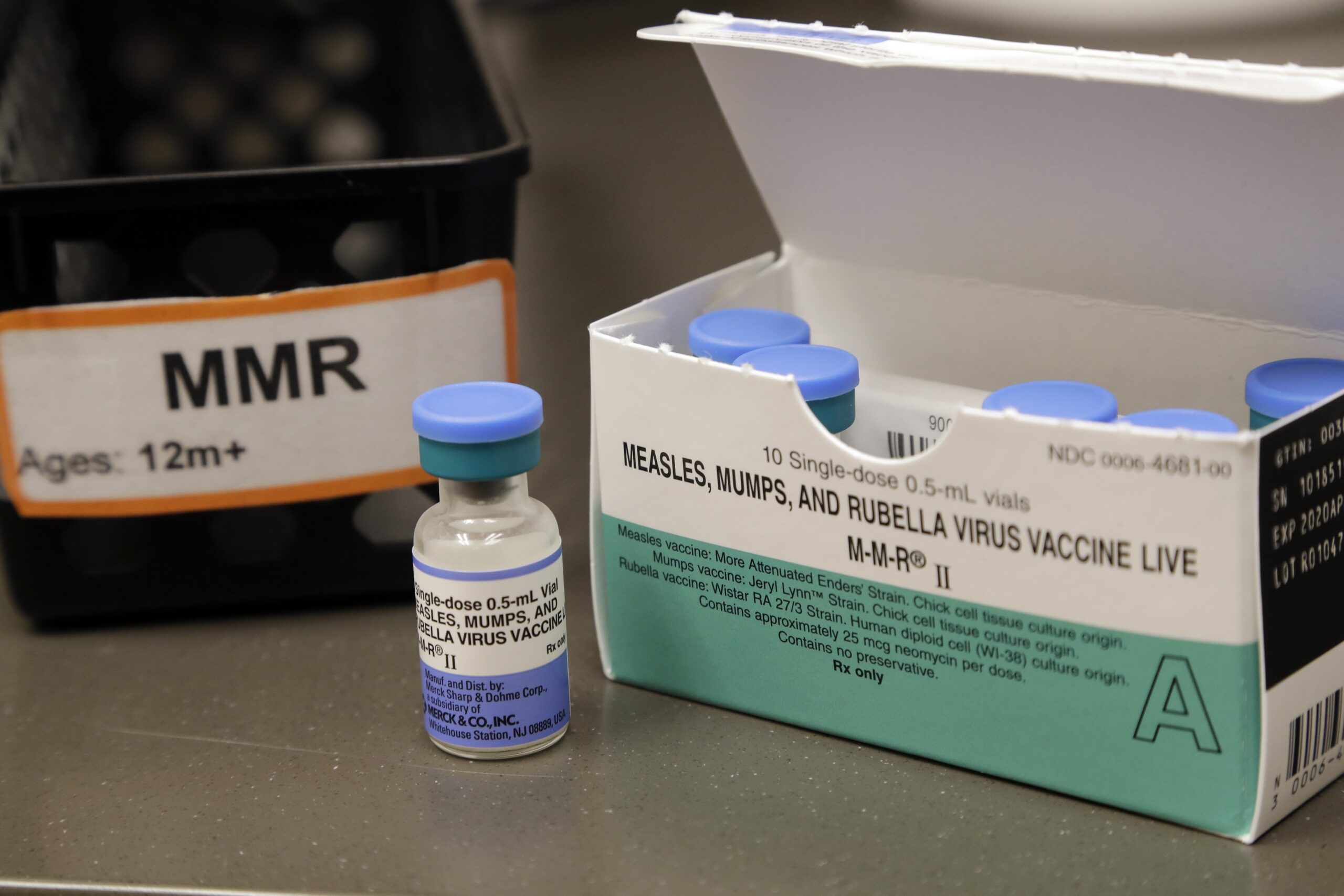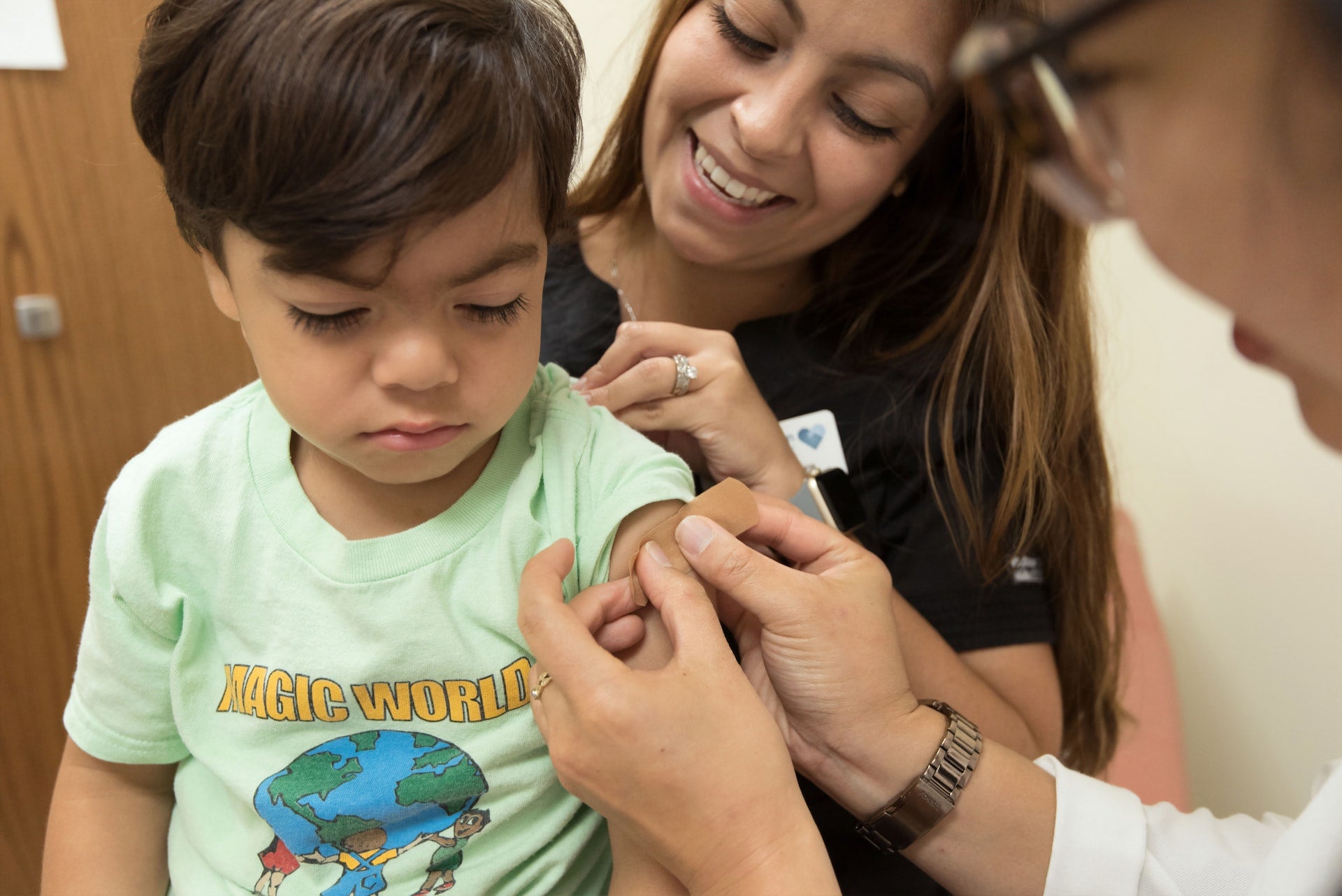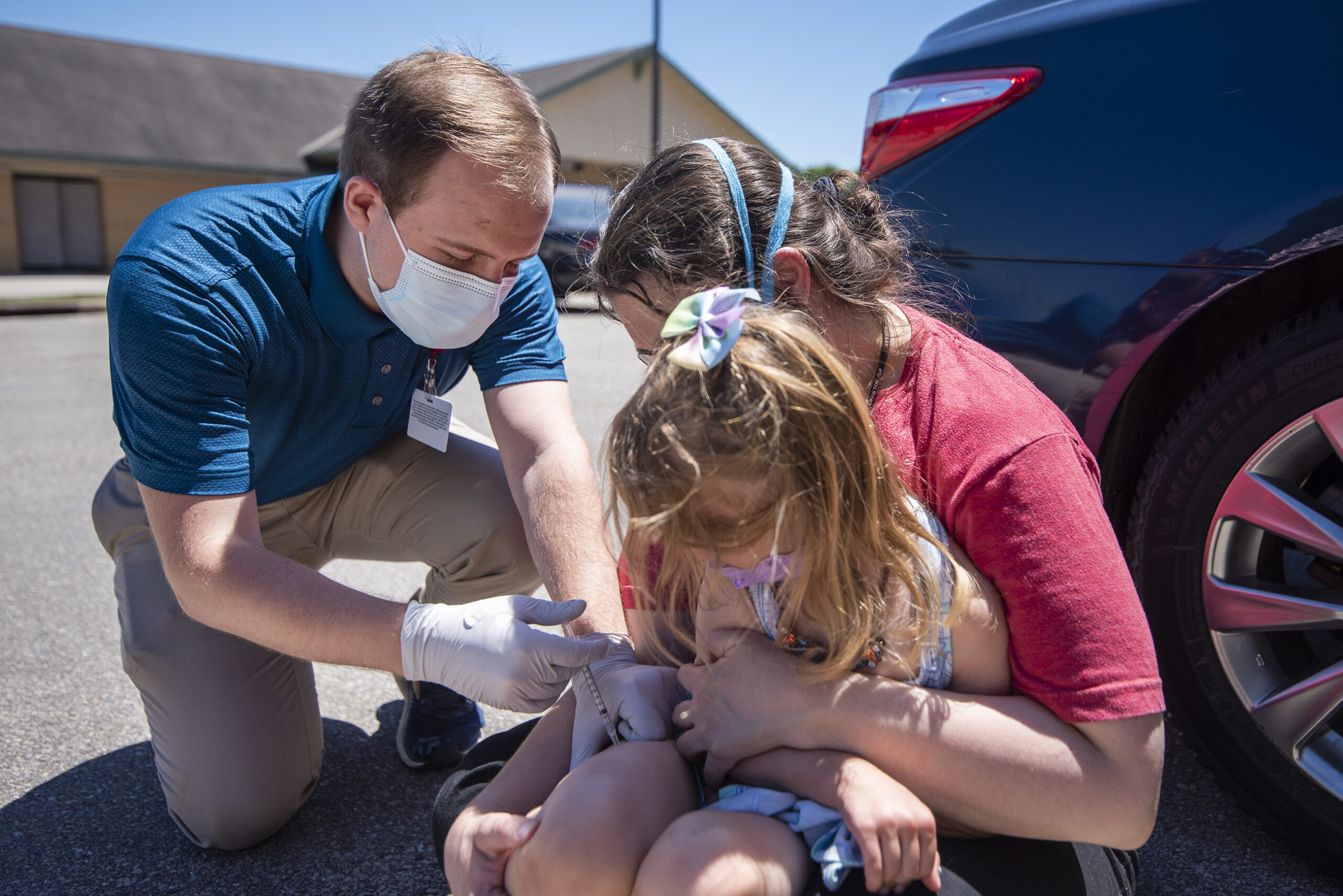Three times more children in Wisconsin were recently given an exemption to get vaccinated than the national average, according to federal health officials.
Officials with the U.S. Centers for Disease Control and Prevention said less than 2 percent of kindergartners didn’t get their shots in the 2014-15 school year, but that overall vaccination rates are high, months after a measles outbreak that started at an amusement park in California.
Schools in all 50 states require students be vaccinated. Across the nation, 1.7 percent of kindergarteners got exemptions. In Wisconsin that rate was higher: 5.3 percent.
Stay informed on the latest news
Sign up for WPR’s email newsletter.
Stephanie Schauer, an epidemiologist with the Wisconsin Immunization Program, said despite exemptions for medical, personal and religious reasons, vaccination rates overall are still high.
“It’s important to remember that most kindergarteners in Wisconsin are up to date,” said Schauer. “But it is important that parents take responsibility and ensure their children are up for all the vaccine preventable diseases.”
California and Vermont passed stricter policies on exemptions following an outbreak of measles at Disneyland last year. Officials with the Wisconsin Medical Society would like to see vaccine exemptions only for medical reasons.
Wisconsin hasn’t had any measles cases this year.
CDC officials said measles and other diseases can easily spread even though there are relatively high rates of vaccination across the nation. This is because there are areas, or pockets, where few children are immunized.
To help parents and health officials keep track of these trends, 21 states post their state or local level school vaccination coverage assessment reports online. Wisconsin doesn’t, but Schauer said it’s something that’s being considered.
Wisconsin Public Radio, © Copyright 2024, Board of Regents of the University of Wisconsin System and Wisconsin Educational Communications Board.

